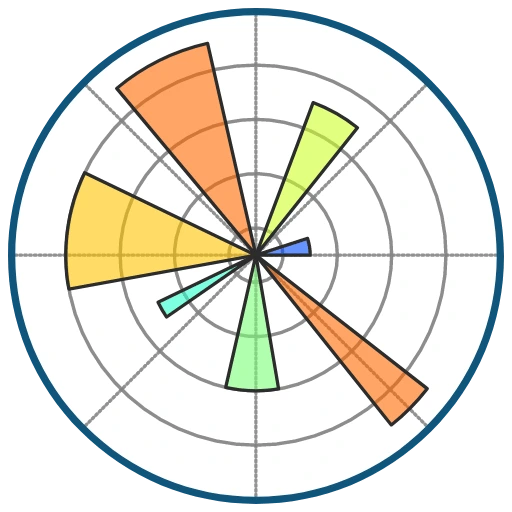|| Data Analytics Using R Course in Canada
The Data Analytics Using R course at BIT Canada is a comprehensive and hands-on program designed to introduce students to the world of data analysis, using the powerful R programming language. R is a widely recognized tool in the field of data science, known for its flexibility, statistical analysis capabilities, and large community of contributors who continually advance its capabilities. This course is ideal for individuals who want to develop strong data analysis skills and learn how to apply R to solve complex data-driven problems.
Throughout the course, students will be immersed in the essentials of R programming, starting with the basic syntax, data structures, and operations. The curriculum covers a broad spectrum of topics including data manipulation, visualization, statistical modeling, and machine learning techniques using R. Students will learn how to handle various types of data, clean and preprocess data for analysis, and explore data using R's rich visualization libraries, such as ggplot2. Additionally, the course includes an in-depth exploration of R’s statistical functions and how they can be used to perform hypothesis testing, regression analysis, and time-series forecasting.
As part of the program, students will gain hands-on experience by working with real-world datasets. This practical approach helps students understand how to translate theoretical knowledge into actionable insights, which is crucial in the data analytics field. The course also covers advanced topics such as clustering, classification, and machine learning models using caret and other R packages, providing students with the tools to apply machine learning algorithms to predict outcomes based on historical data. Students will also explore R’s capabilities in text mining and sentiment analysis, expanding their ability to derive insights from unstructured data.
The Data Analytics Using R course is designed to not only teach students the technical aspects of R but also to help them develop critical thinking skills for interpreting and presenting data insights effectively. Students will learn how to design and communicate data-driven solutions to both technical and non-technical stakeholders. The course emphasizes the importance of data visualization in conveying complex insights in a clear and impactful manner.
By the end of the course, students will have a strong foundation in R programming and data analytics techniques, which can be applied to a variety of industries, including finance, healthcare, marketing, retail, and more. The skills learned in this course will empower graduates to work with large datasets, uncover trends, predict future outcomes, and make informed business decisions. With the increasing demand for skilled data professionals, this course provides students with the knowledge and tools necessary to thrive in the fast-paced world of data analytics.











 4.8 (21,636) reviews
4.8 (21,636) reviews
 Python
Python
 TensorFlow
TensorFlow
 PyTorch
PyTorch
 Keras
Keras
 Seaborn
Seaborn
 numpy
numpy
 Jupyter
Jupyter
 VS Code
VS Code
 Pandas
Pandas
 GitHub
GitHub
 Docker
Docker
 SQL
SQL
 AWS
AWS
 OpenAI's GPT
OpenAI's GPT
 Scikit-learn
Scikit-learn
 Power BI
Power BI
 Google Colab
Google Colab
 PyCharm
PyCharm
 Tableau
Tableau
 Plotly
Plotly
 Azure
Azure
 Matplotlib
Matplotlib
 SciPy
SciPy
 Alteryx
Alteryx
 Scrum
Scrum
 Excel
Excel
 VBA
VBA
 Snowflake
Snowflake
 QlikSense
QlikSense


 Read more
Read more 
